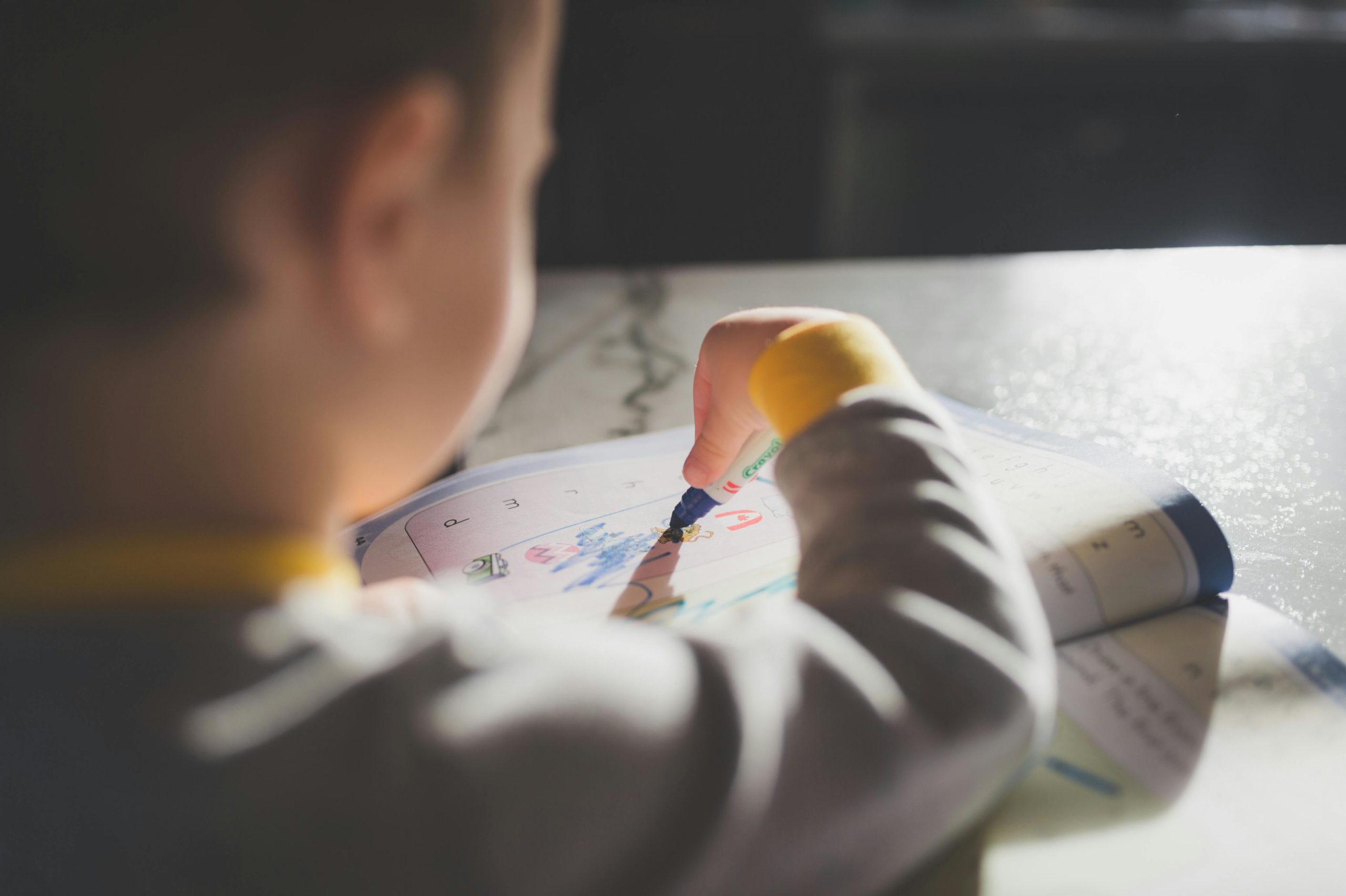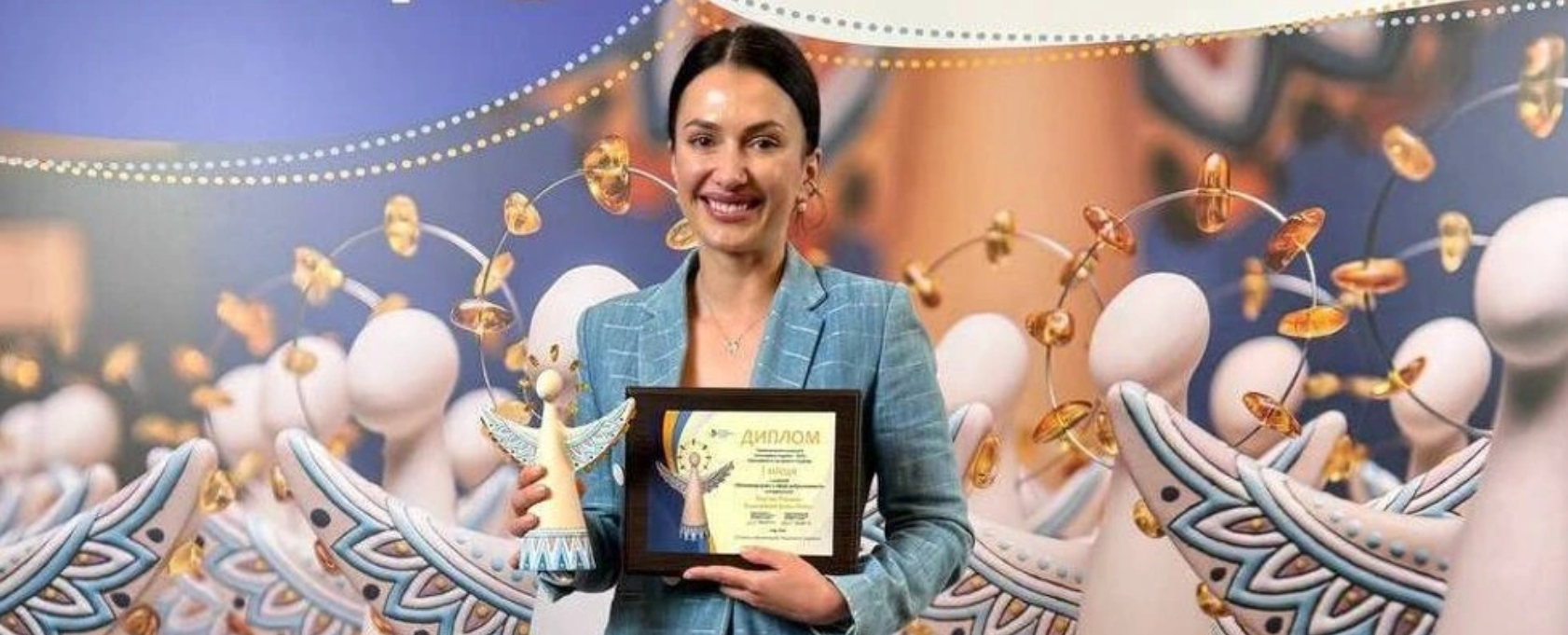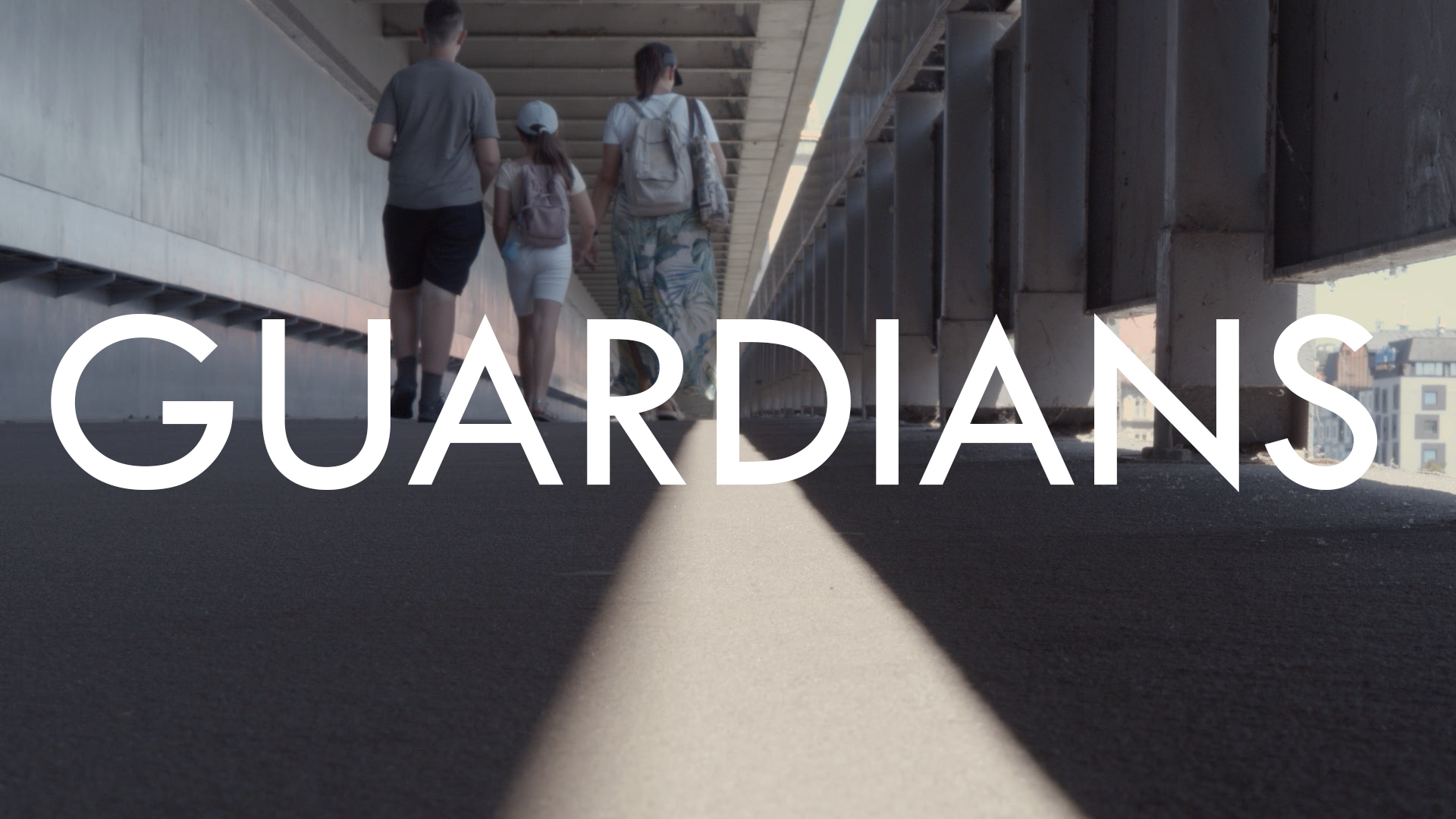Ensuring children’s best interests in times of war
Since the beginning of the war in Ukraine, Eurochild has worked closely with members, experts, national governments and EU institutions to defend the right of every child to a safe, happy and healthy childhood, regardless of their country of birth.
Since the onset of the invasion, the Eurochild network has been at the forefront of advocating for putting children first. We have shifted our work to understand needs on the ground and to urgently call on the EU and Member States to put the ‘best interest of the child’ at the heart of decision-making.
Our work is by no means over, but as a network, we want to take stock of how we have reacted to this devastating war and prioritised children’s rights in humanitarian, professional and policy responses across Europe and beyond.
We coordinate action and represent voices from civil society organisations and children on child rights issues at EU, international, regional and national levels
As Europe’s leading umbrella network for child rights, we have shared our members’ experiences and demands with key decision-makers in the EU institutions through a series of statements and letters on topics including child protection, education, registration, safety and early childhood development.
We are also participating in leading working groups and consultations that provide expertise and guidance to governments, EU institutions and UN agencies coordinating response efforts to support children affected by the war.
We have worked closely with:
- The EU and national governments in the EU Education Solidarity Group, the Child Rights Intergroup and various MEPs at the European Parliament, and the EU Child Rights Forum;
- UNICEF and UNHCR through the regional Child Protection Sub Working Group;
- International civil society coalitions such as the Global Subgroup on Ukraine Children’s Care, the Children’s Rights Action Group, the EU Alliance for Investing in Children and the European Expert Group for Deinstitutionalisation.
We develop and amplify evidence to prioritise children’s rights in the EU and regional responses to the war
Since March, we have gathered evidence from more than 100 members during our ‘Open Spaces for Solidarity’ sessions on the key issues affecting children due to the invasion of Ukraine.
In partnership with UNICEF, we coordinated analyses supporting the efforts of the EU and the Ukrainian government to ensure the care of children without parental care fleeing Ukraine. This work has influenced the EU guidance on coordinating registration and provision of care for unaccompanied and separated children, and children in institutional care. We have presented these findings to international policymakers, and just recently to the Government of Ukraine’s Coordinating Headquarters for the Protection of Children’s Rights in Martial Law in Kyiv.[1]
As part of a global coalition of civil society leaders in the field of alternative care, Eurochild’s analyses have informed the development of key considerations and recommendations for children’s care in Ukraine and resulting from the invasion (also recently translated to Ukrainian). We are also influencing EU efforts towards greater integration of EU countries’ child protection systems.
As members of the EU Education Solidarity Group, Eurochild and our members worked with the European Commission to co-create the guidance on supporting the inclusion of displaced children from Ukraine during the school year 2022-2023.
We work with members and experts to meet the immediate needs of the children fleeing Ukraine
- We have assited Polina Klykova in publishing a brochure based on statistics and private stories about the impact of war on children’s rights.
- In Poland, we have been working with Happy Kids Foundation and the Polish Foster Care Coalition to support their efforts to provide children arriving from institutions with the quality community- and family-based care they deserve.
- Our ICAM project developed resources for primary and secondary schools across Europe to include displaced from Ukraine. These resources have been highlighted by the EU as an inspiring practice for promoting inclusion.
- We have welcomed Voices of Children Ukraine into our network and we are providing peer support as they scale up their advocacy to become a leading voice for children in Ukraine.
- We have also worked with Polish psychologist Alicja Safarzynska to design and distribute Heroes Cry Too, a trauma-informed colouring book for young Ukrainian children to help talk about the war.
Across the region, the devastating impacts of war, destruction and loss are coupled with heightened hardship for children and families bearing the brunt of the cost-of-living crisis. Moreover, the widespread social impact of the Covid-19 pandemic is still being felt within health, education and social protection systems.
With the war in Ukraine in its 9th month, Eurochild’s work to drive systemic change - with and for all children in Europe – is needed more than ever. We will continue to work at the crossroads with national and global civil society organisations, national governments, EU institutions, INGOs and academia to drive systemic change for all of Europe’s most vulnerable children.
[1] At invitation of UNHCR, the findings were presented during the Thematic Roundtable Discussion on Child Rights: Ukrainian Children without Parental Care in the EU and Moldova, Kyiv, 3 October 2022.





